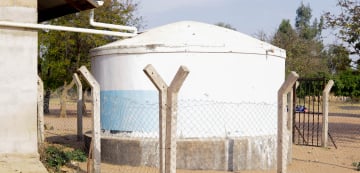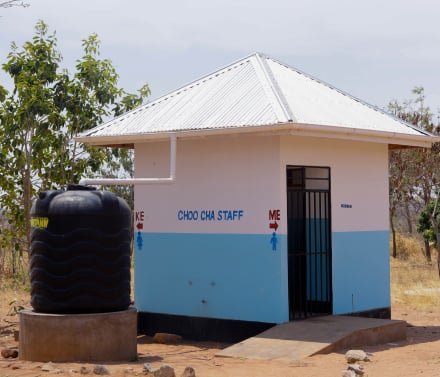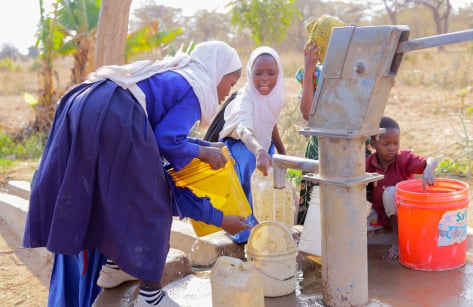WASH (School WASH) Program
Schools without proper water, sanitation, and hygiene facilities face high absenteeism and health risks, particularly for girls. HAPA’s SWASH program ensures schools have the resources to provide safe, clean environments for learning.
• Improving Facilities: Building water points, toilets, and handwashing stations in schools.
• Menstrual Hygiene Management (MHM): Providing reusable sanitary pads and training girls on menstrual health.
Community Participation and Sustainability
• Sanitation as a Business: Training sanitation artisans and forming Savings and Credit Cooperative Societies (SACCOS) to provide micro-loans for latrine construction businesses.
• Community-Led Approaches: Involving communities in planning, implementation, and monitoring to ensure sustainability.


